Miles Roberts was a 15-year-old athlete at Skyline High School when he took his own life. Now they want to help students feel free to seek help and know where to find it
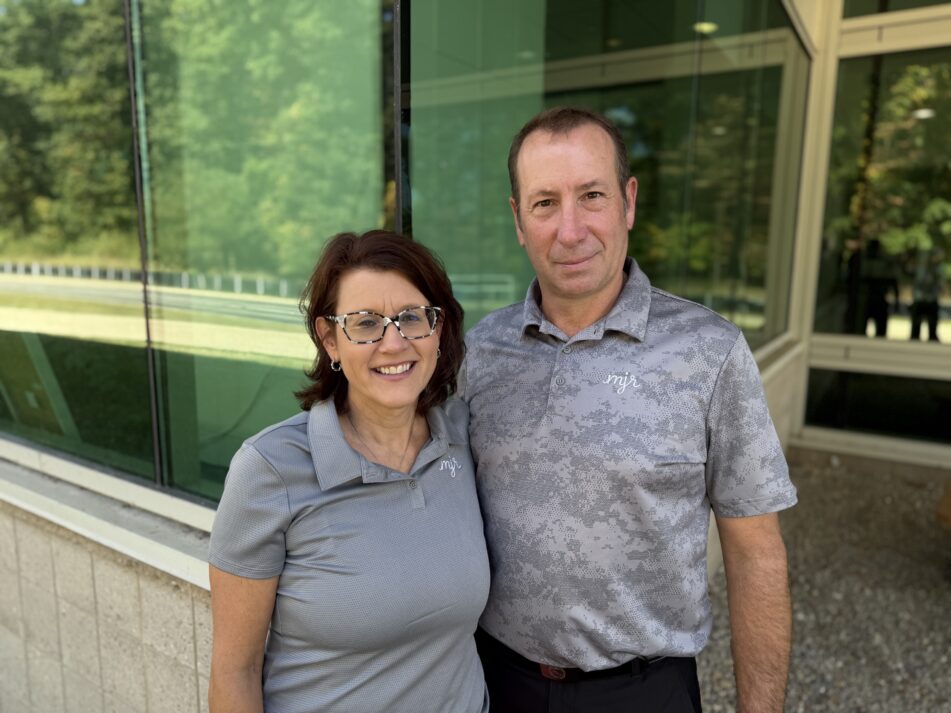
The Miles Jeffrey Roberts Foundation has reached a significant milestone in its mission to support student mental health. This school year, the foundation officially became a strategic partner with Ann Arbor Public Schools. This partnership represents a significant step forward for the foundation, which has been quietly transforming how student-athletes approach mental wellness through its innovative Champs program.
Founded by Jeff and Kristen Roberts two years after losing their 15-year-old son Miles to suicide in May 2017, the foundation has evolved from a family’s personal tragedy into a force for change within the district.
“It means a lot to us to be a strategic partner with the school district,” said Jeff Roberts, “because they have the organization that they have, and they can now link us with other strategic partners, that can help just grow the webbing, the safety net, that we’re working to support.”
The MJRF video above was created by CMPP (Communication, Media, and Public Policy) students at Skyline High School.
This strategic partnership connects the foundation directly with district leaders Jenna Bacolor and Nancy Shore, enabling coordination with other mental health partners across Ann Arbor Public Schools. The collaboration ensures that efforts complement rather than overlap, creating a more comprehensive support network for students.
“We know that there are other mental health avenues being explored and being moved forward, and now we can collaborate,” Jeff Roberts notes. “There are probably never going to be enough mental health resources for every individual, but I think that the schools have a lot of resources available and those resources, unfortunately, don’t have good PR systems, so that people don’t always know they are available.”
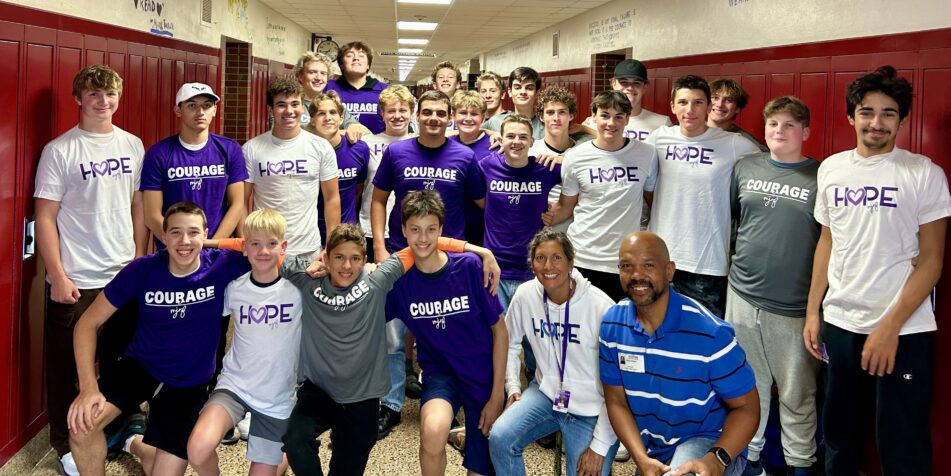
The Champs Program in Action
For the past several years, the foundation has been implementing its signature Champs program across three comprehensive AAPS schools: Huron, Skyline, and Pioneer. The program brings trained speakers—trusted adults with experience in mental health, including clinicians, coaches, and caring community members—to speak directly with student athletes about mental wellness.
“We offer up a Tier One program, which is: What is anxiety? What is depression? How does it feel? What does it look like in yourself? What does it look like in others? Talking about it to allow it to be comfortable, and then we offer up the resources that each school has for any student athlete that cares to move forward.”
Jeff Roberts
The program targets athletes specifically because they already share team bonds and common goals, creating an environment where vulnerability becomes more accessible.
As Jeff Roberts puts it: “They already have each other’s backs to a certain extent. And to that extent, the vulnerability of talking about what depression is, what anxiety is, how you might feel, is much more available.”
The numbers from just this school year alone demonstrate the program’s reach, with 141 student-athletes to date having attended a presentation at one of the three comprehensive high schools.
These presentations occur throughout the athletic seasons, coordinated with coaches to reach teams during fall, winter, and spring sports. The foundation measures effectiveness by assessing students’ understanding before and after each session, using this feedback to improve their approach continuously.
Opening doors to resources
Perhaps most importantly, the Champs program is helping students recognize and access existing mental health resources.
“We’re finding with our foundation is that we’re able to open up the eyes to the student athletes that we’re talking to and let them know the resources that are available to them, and now those doors are being knocked on more routinely,” says Jeff Roberts.
The foundation highlights resources at multiple levels: each school’s individual support systems, such as Pioneer’s Alliance for Healthy Schools, as well as broader community resources like Washtenaw County Community Mental Health, which also provides funding support through a millage grant.
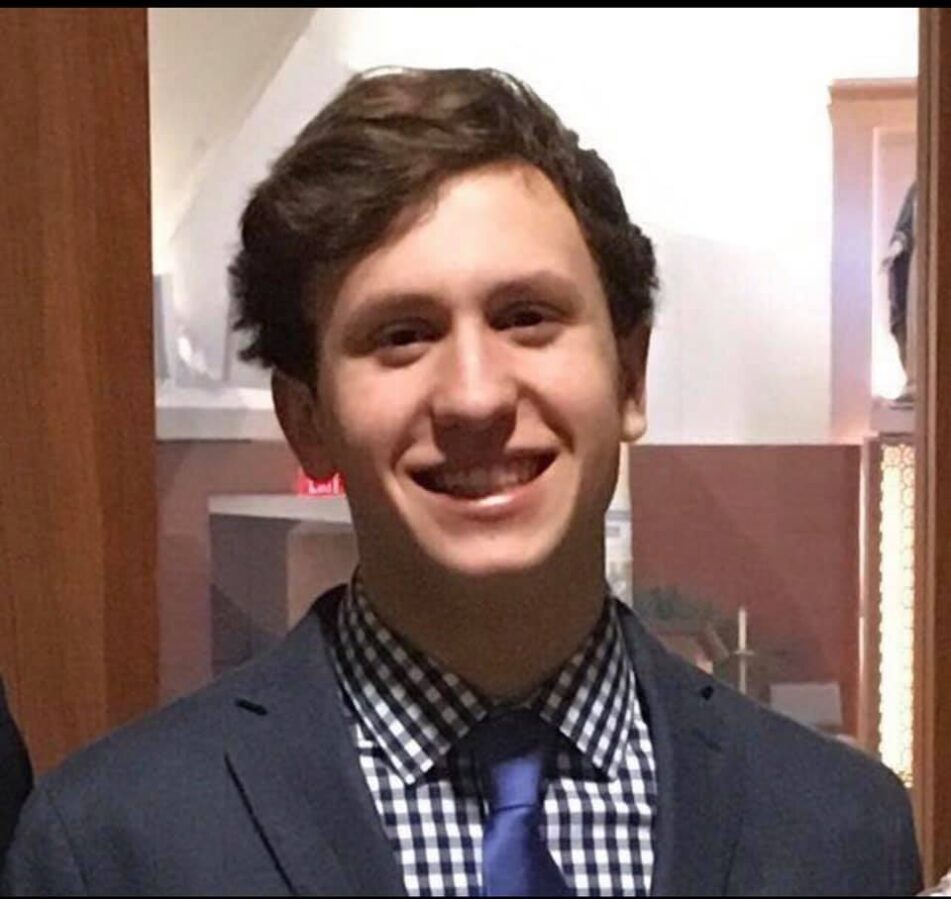
Connecting resources, building networks
Rather than creating entirely new services, the foundation sees itself as a connector.
“We’re not making a new dot. We’re connecting resources and people,” Jeff Roberts says, noting that this approach aligns perfectly with their new strategic partnership status, allowing them to amplify existing programs while building stronger safety nets for students.
The new strategic partnership with AAPS represents more than administrative recognition. It validates an approach that honors Miles’s memory while potentially preventing other families from experiencing similar loss, the couple says, noting that through honest conversations, trained presenters, and systematic coordination with school resources, the Miles Jeffrey Roberts Foundation is helping students understand that seeking mental health support is not just acceptable—it’s a sign of strength.
A growing movement
The foundation’s influence extends beyond athletics. Kristen Roberts notes cultural changes throughout the district, citing programs like the TRAILS curriculum at Skyline, Community, and Pathways as evidence of growing mental health awareness.
“I’ve seen a lot of differences,” she says. “The culture that Skyline is cultivating, and I’ve seen that same culture in little bits at each high school.”
Looking ahead, the foundation plans to expand beyond athletics to reach other student groups. “We’re very much this year going to be expanding our programs into non-athletic clubs,” Jeff Roberts confirms, responding to requests from robotics clubs, music programs, and other organizations.
Reducing stigma through conversation
Central to the foundation’s approach is directly addressing the stigma surrounding mental health and suicide.
“You say the word ‘suicide,’ and you say that my son, Miles, died by suicide, and you feel comfortable saying that and then working with others to let them say that,” Jeff Roberts explains. “When we’re trying not to let that happen to another person, that can be quite empowering.”
For more information on the Miles Jeffrey Roberts Foundation, go to its YouTube channel.
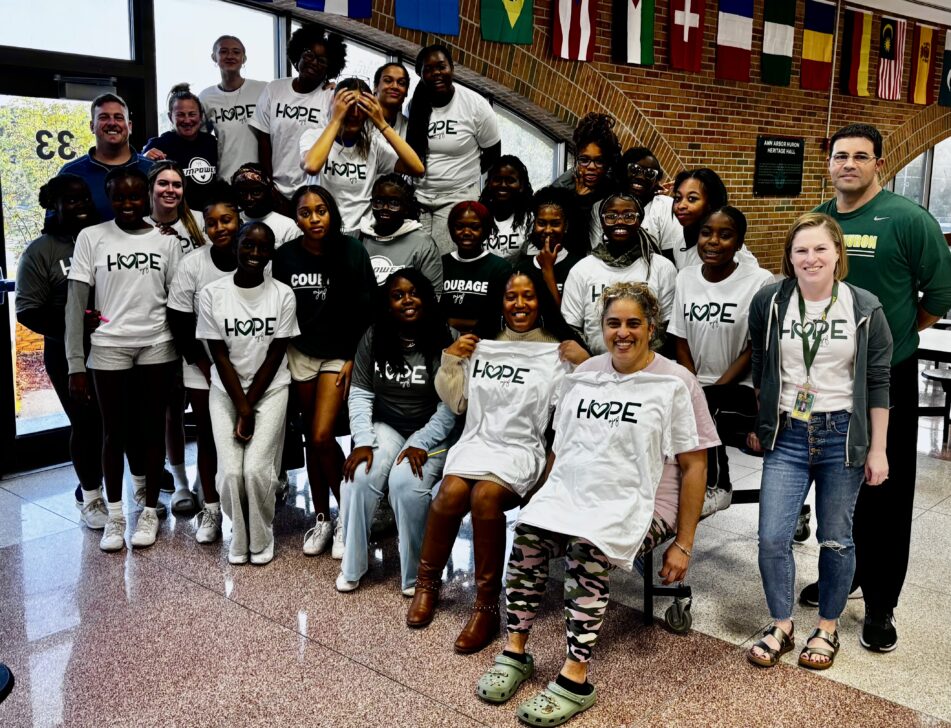
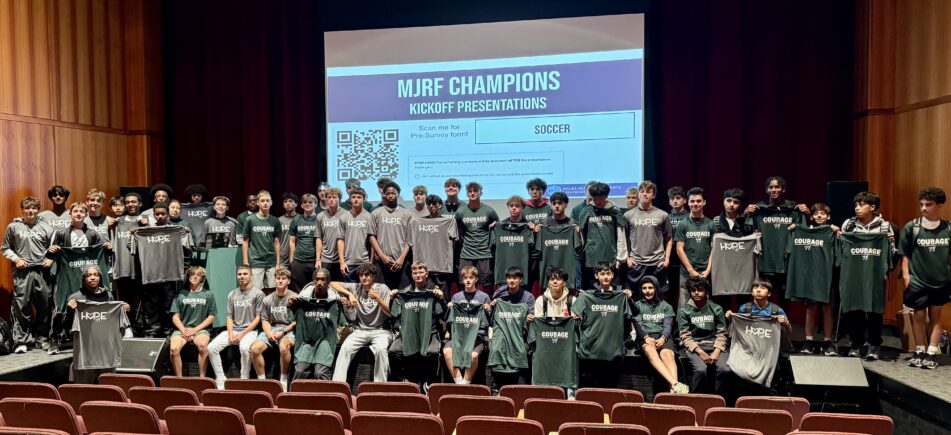
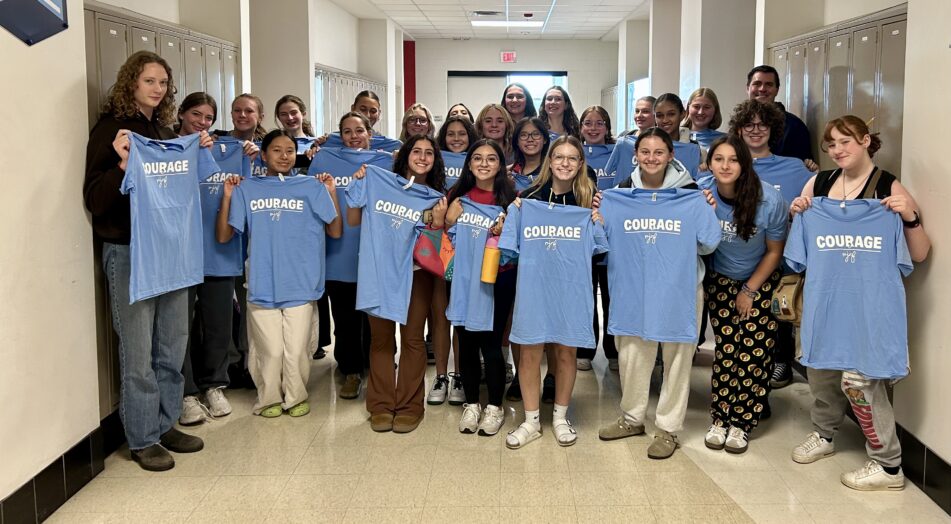


Be the first to comment